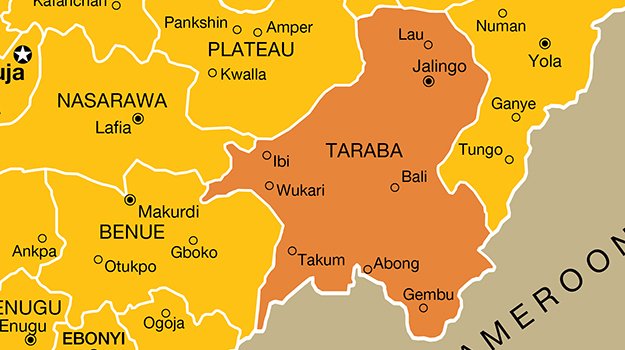The United Nations Children’s Fund, UNICEF, has said that 43 percent of Nigerian children were not captured in birth registration, making them legally invisible, and called for the urgent adoption of digital birth registration in Nigeria to uphold every child’s right to an identity.
Chief of UNICEF’s Field Office for South-West Nigeria, Celine Lafoucriere, who spoke on the importance of digital birth registration at the opening of a 2-day media dialogue held in Lagos to drive e-birth registration in the Southwest of Nigeria, disclosed that its adoption will ensure effective planning, execution, and socioeconomic development of the nation.
UNICEF said, “according to the Multiple Indicator Cluster Survey (MICS) 2021, that 57 percent of children less than five years of age were registered with the civil registration authority by that age.”
The dialogue, with the theme “Giving Every Child a Legal Identity,” was organised by the Lagos State Ministry of Youth & Social Development in collaboration with the National Population Commission (NPC) and UNICEF.
Lafoucriere noted that accurate and timely data from birth registrations also allows for monitoring the progress made across several sustainable development goals, ranging from preventing poverty and hunger to promoting quality of life.
In her statement, “A registered child has acknowledged rights to protection, healthcare, education, and other critical services. Without child registration, children remain invisible to the government, making it a very big challenge to combat inadequacy for the children’s rights.
“E-birth registration is a formidable opportunity to get more children registered and have a legal identity. Because it cuts off the issue of geographic distance, it makes it easier for parents to register their children as soon as they are born.
“It’s an innovative approach that sounds truly like a game-changer for a country like Nigeria, and that will help to enhance the accessibility and efficiency of the birth registration processes.
“Besides, e-birth registration also presents a huge opportunity to create a very robust and reliable civil registration system that not only records birth but also generates vital statistics that are necessary for effective planning and implementation of policy, but also for budgeting, and that is extremely crucial.”
While speaking, the Lagos state director of NPC, Bamidele Sadiku, stressed the need for Nigerian parents to embrace the e-birth registration as it would help the country link the civil registration and vital statistics systems with those of the National Identity Management for robust data storage.
He stated that the re-birth registration would enable policymakers to capture the children in their social services in the areas of healthcare, safety, and education, among others.
The Permanent Secretary, Lagos State Ministry of Youth and Social Development, Mrs Toyin Oke-Osanyintolu, represented at the media dialogue by Mrs Adeola Adebisi, said the e-birth registration would afford the state governments the necessary data and statistics on children for adequate planning and implementation of programmes and policies.



